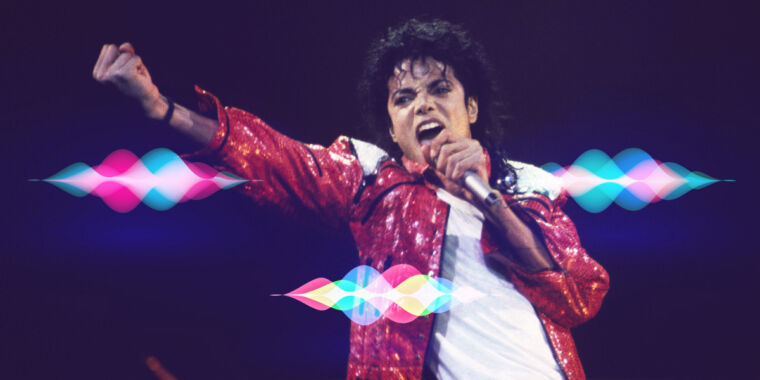
Researchers Eliminate Matrix Multiplication in LLM...
Researchers have made a groundbreaking discovery in the field of artificial intelligence by eliminat...
Read more
Major music labels, including Universal Music Group, Sony Music, and Warner Music Group, have filed lawsuits against several AI music generation companies, claiming that these companies are illegally using copyrighted music to train their algorithms. The lawsuits allege that these AI companies are infringing on the copyright of millions of musical compositions, claiming that the AI models are trained on data that they don't have the right to use. This practice, known as "scraping," involves collecting vast amounts of copyrighted data from the internet without permission. The lawsuits are focusing on the unauthorized use of copyrighted music for training AI models that can then create new music in the same style. The plaintiffs argue that this is a clear violation of their copyrights and is harming the music industry. This is a significant development in the ongoing debate about the use of AI in the music industry. The lawsuits have the potential to reshape the legal landscape surrounding AI music generation and could have far-reaching implications for the future of the industry. The music labels argue that these companies are profiting from the work of artists and songwriters without fair compensation. However, the AI companies argue that their technology is transformative and that they are not infringing on copyrights. They claim that their algorithms are creating new, original music and that they are not simply copying existing work. The outcome of these lawsuits will have significant implications for both the music industry and the development of AI music generation technology. The plaintiffs seek to stop the AI companies from using copyrighted music to train their models and are demanding compensation for the alleged infringement.
Summary
"These lawsuits raise important questions about the use of AI in the music industry, and the potential for AI to disrupt traditional copyright law. The outcome of these cases will have significant implications for the future of both the music industry and AI technology."
Updated at: 06.26.2024
Categories